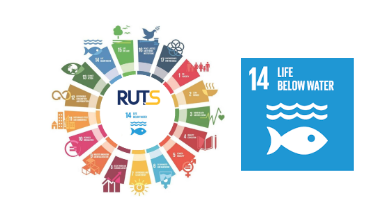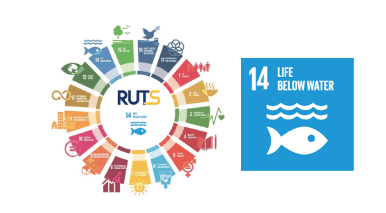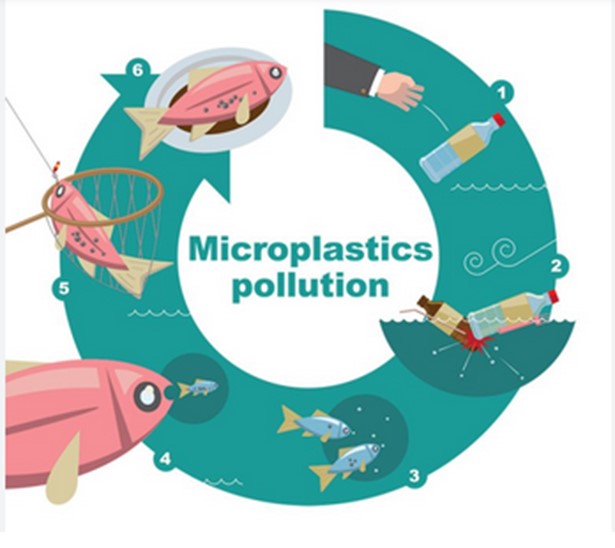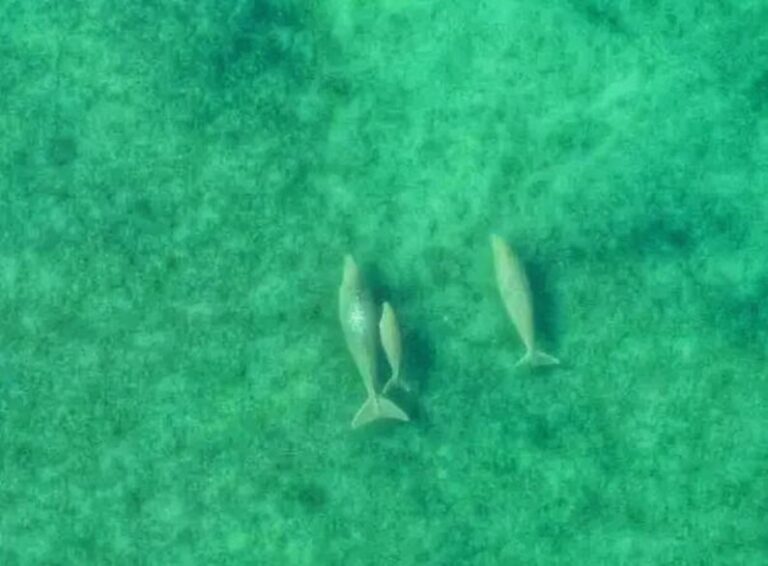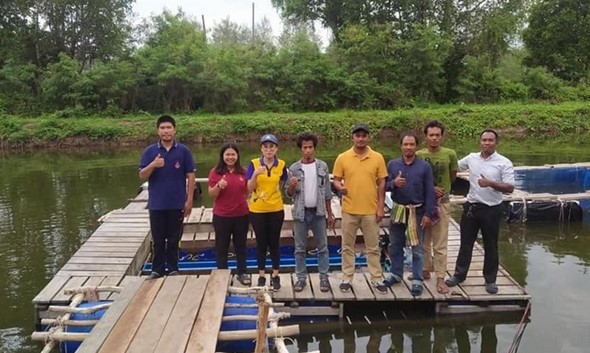SDG 14
Indicator 14.3.4
Research and Innovation
///
Collaborative Research Project Between RUTS and SCM to Mitigate the Impact of Dredging on Coastal Ecosystems
| Reporters: |
Dr. Chanyut Sudtongkong
|
|
Asst .Prof. Porntep Wirachwong |
October 15, 2024
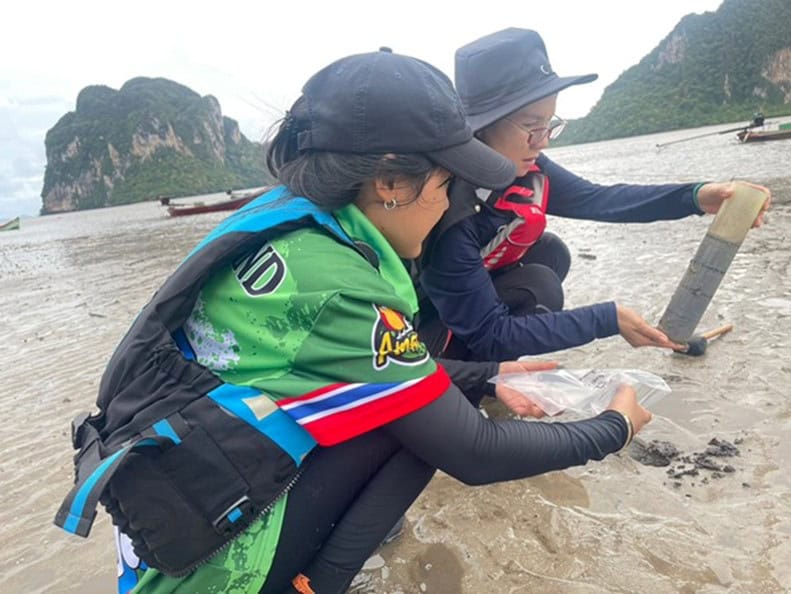
Dredging near piers can transport and deposit sediment, negatively affecting coastal ecosystems such as seagrass meadows. Seagrass is especially susceptible to sedimentation, which can bury its blades and rhizomes, reduce water clarity, and inhibit photosynthesis. While dredging is often conducted to support navigation and maritime tourism, it presents significant risks to marine ecosystems, particularly seagrass meadows, due to increased sedimentation. Consequently, scientific data is crucial for assessing and mitigating dredging’s potential impacts on these ecosystems.
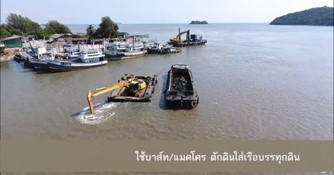
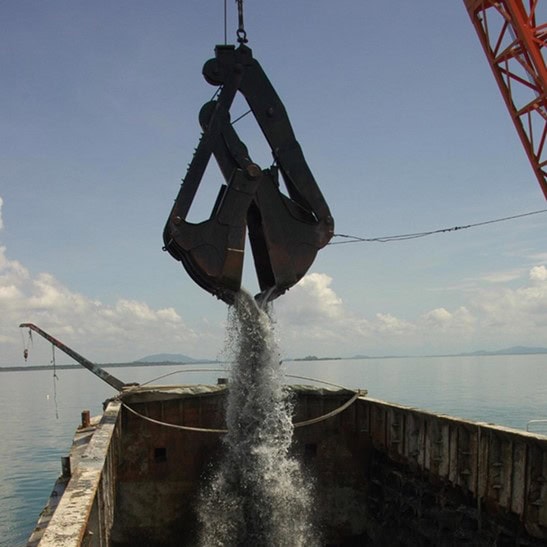
Sang Charoen Marine Service Company Limited (SCM), a private sector entity specializing in dredging operations in Thailand. SCM, the entity responsible for dredging operations to mitigate sediment accumulation in various national port areas, frequently encounters concerns from coastal communities and regulatory agencies. A primary issue arises from the potential for disturbed sediments during dredging activities, which may become suspended in the water column and transported by currents, subsequently settling in seagrass habitats. In response to these concerns, SCM has collaborated with Rajamangala University of Technology Srivijaya (RUTS) on a research project initiative aimed at analyzing sediment transport and deposition dynamics during dredging operations.
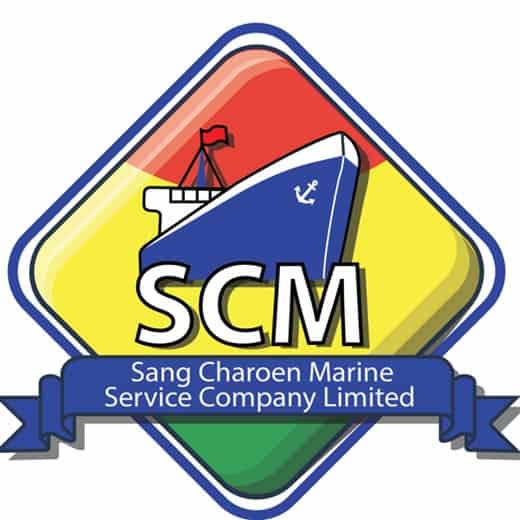
This project investigates the impact of sediment displacement from dredging activities at Pak Meng Pier in 2023 and assesses the health of nearby seagrass ecosystems in Ao Kham. The seagrass meadow, part of a broader network in Trang Province, includes species such as Enhalus acoroides, Halophila ovalis, Cymodocea serrulata, Cymodocea rotundata, and Halodule uninervis. Funded by SCM and supported technically by RUTS, the project addresses concerns about the potential environmental impacts on Ao Kham’s seagrass meadows, located within Hat Chao Mai National Park.
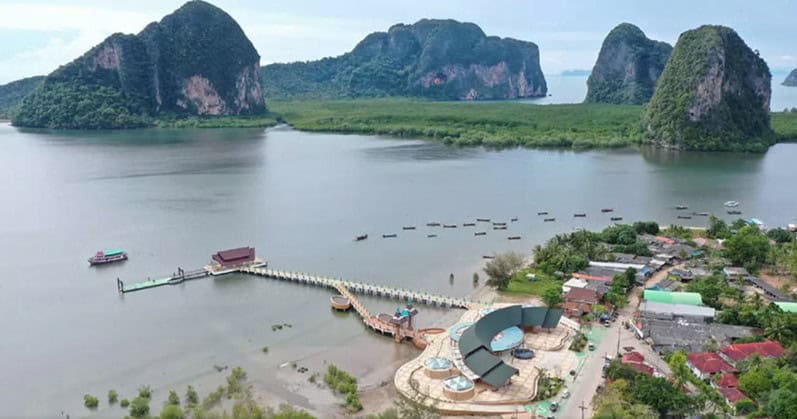
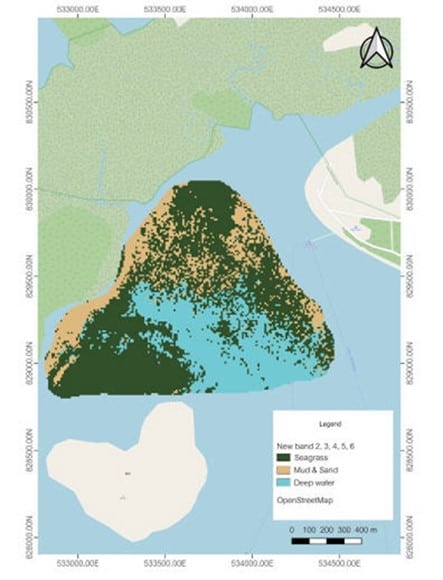
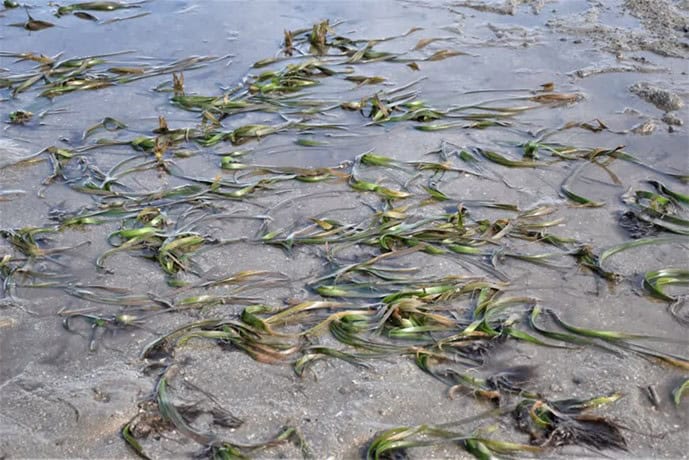
This project aims to assess the impacts of sediment generated by dredging activities and develop strategies to mitigate any adverse effects. The findings from this study will inform measures to reduce the environmental impacts of sediment displacement on coastal ecosystems during dredging operations.
Marine biologists from Rajamangala University of Technology Srivijaya (RUTS) undertook a comprehensive study to assess the effects of sedimentation resulting from dredging activities on the health of seagrass at Pak Meng Port, Trang Province. The research utilized a range of survey techniques, including sediment trap methodologies, to quantify sedimentation rates, evaluate water quality, and monitor the condition of seagrass beds in areas surrounding the dredging operations.
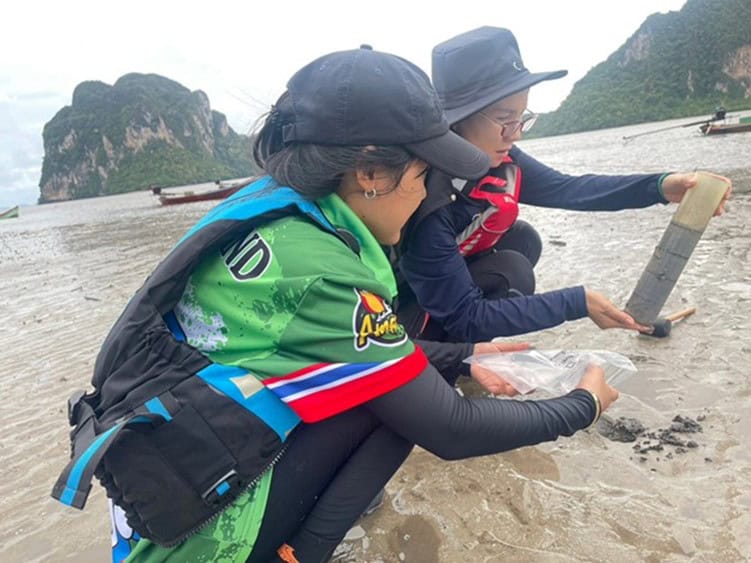
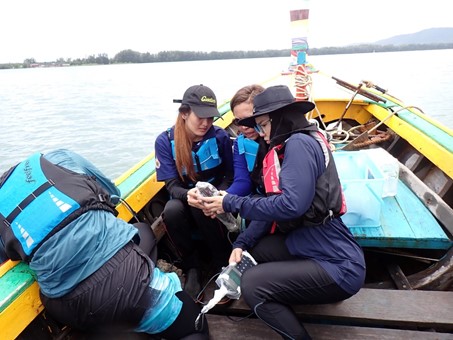
The results of this study provide crucial insights that can inform the optimization of dredging practices, aiming to reduce sediment dispersal and protect coastal ecosystems.
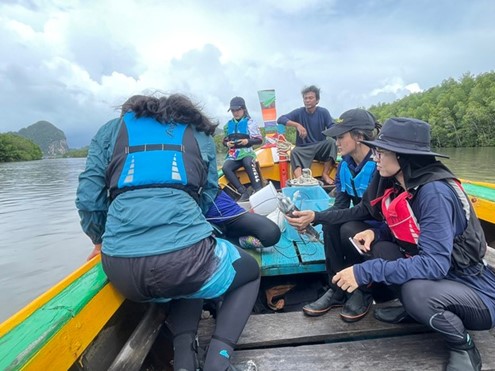
Related Links:
https://www.facebook.com/photo?fbid=777053417761022&set=pcb.777054097760954
https://www.facebook.com/photo/?fbid=777053681094329&set=pcb.777054097760954

